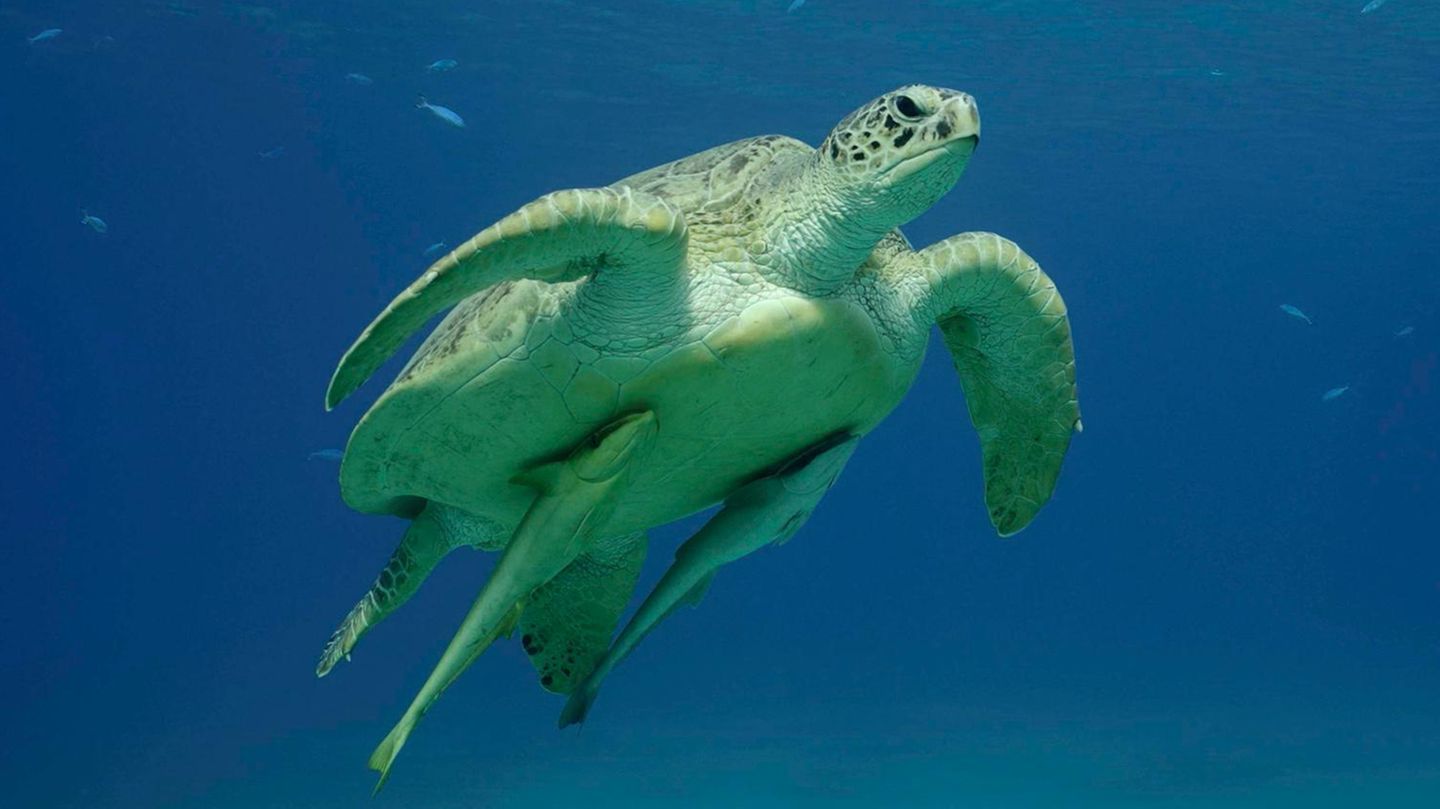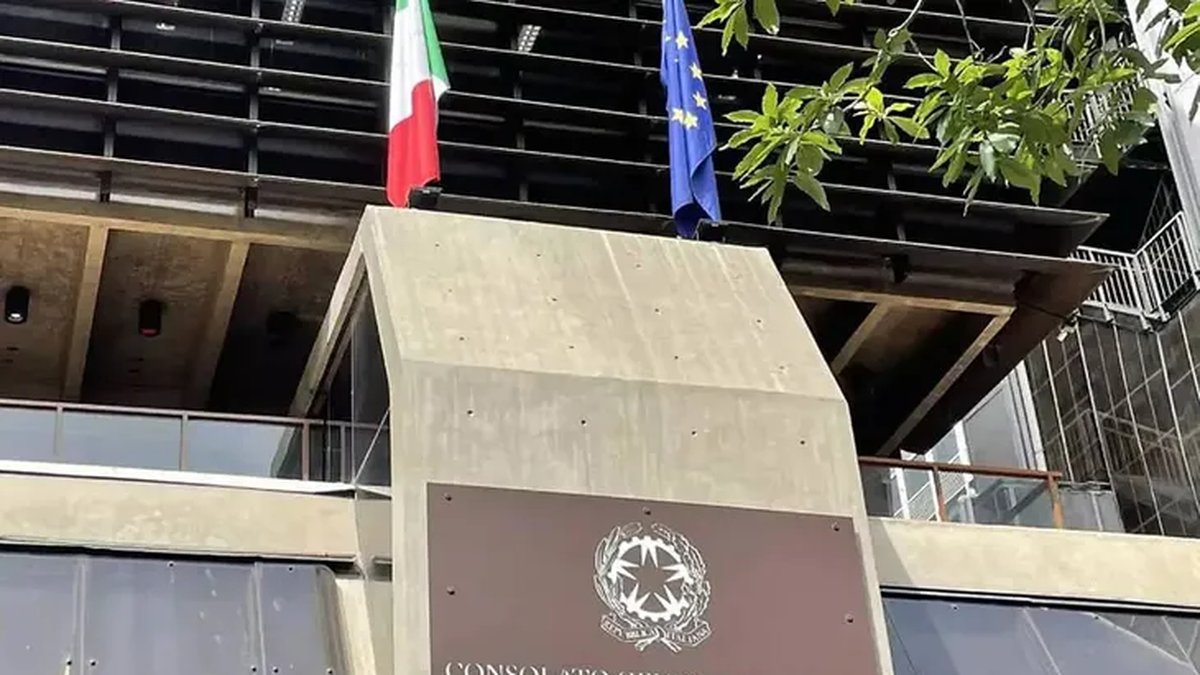Sea turtles are threatened with extinction but are considered a delicacy. Consumption is actually harmless to health, but is prohibited. Nevertheless, mass poisonings still occur. What’s behind it?
It’s forbidden and it’s dangerous – but people still can’t keep their hands off turtle meat. In Tanzania, consumption of the meat has once again caused mass poisoning, although the turtles are actually not poisonous at all.
Sea turtles are threatened with extinction and have therefore been given special protection by the Washington Convention on International Trade in Endangered Species of Endangered Species since 1975. In Tanzania, too, it is now forbidden to catch and eat sea turtles due to species protection. But that doesn’t mean they don’t end up on the plate. The animal meat is still traded as a delicacy. On Pemba, which is part of Tanzania’s semi-autonomous Zanzibar Islands, this has now led to the deaths of nine people, including eight children. 78 more people had to go to hospital.
Why is turtle meat suddenly poisonous?
The reason for the health problems is a type of food poisoning caused by the poison chelonitoxin. This poison is therefore contained in the meat of the animals and, after consumption, initially leads to an unpleasant feeling in the mouth and throat area. Symptoms such as nausea and vomiting, sweating and dizziness may occur later. After a few days, neurological complaints can also occur until important organs stop working. In the worst case, multi-organ failure occurs – the affected person dies. Children as well as older people and people with previous illnesses are particularly at risk.
Little is known about so-called chelonitoxin poisoning. It is assumed that they only occur when sea turtles have previously eaten certain microorganisms. Accordingly, these could be so-called cyanobacteria, which can be found on seaweed, among other things. The bacteria themselves develop a dangerous poison, the so-called Lyngbyatoxin, which the turtles then possibly metabolize into chelonitoxin. The thesis is that sea turtles only become a health threat to humans through this interaction. The turtles themselves are not affected by this.
Chelonitoxin poisonings are considered rare, although experts believe they occur far more often than official figures suggest. Experts assume that many cases of poisoning go unreported because catching and consuming the animals is prohibited. In addition, marine biologists believe it is likely that the climate crisis and the associated warming are promoting Lyngbyatoxin production and that the risk of poisoning is also increasing.
Animals
Gigantic, poisonous, voracious: the most extreme snake species in the world
More cases of chelonitoxin poisoning
In the November 2021 There has already been a mass poisoning due to turtle meat Pemba. At least five families were affected, seven people died and 38 had to be treated in hospital.
In the March 2021 19 people died in Madagascar after eating turtle meat, including nine children.
In the February 2018 it came from the Indonesian Siberut Island resulted in mass poisoning, at least 95 people were affected and three people died.
In the August 2012 fell ill on the Indian islands Andaman and Nicobar six people died after eating turtle meat.
End of 2010 90 people poisoned themselves on the island Murilo in the Pacific Ocean, four children died.
Sources: , , ,
Source: Stern
I’m Caroline, a journalist and author for 24 Hours Worlds. I specialize in health-related news and stories, bringing real-world impact to readers across the globe. With my experience in journalism and writing in both print and online formats, I strive to provide reliable information that resonates with audiences from all walks of life.




